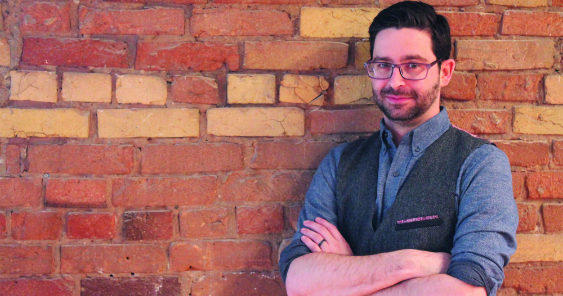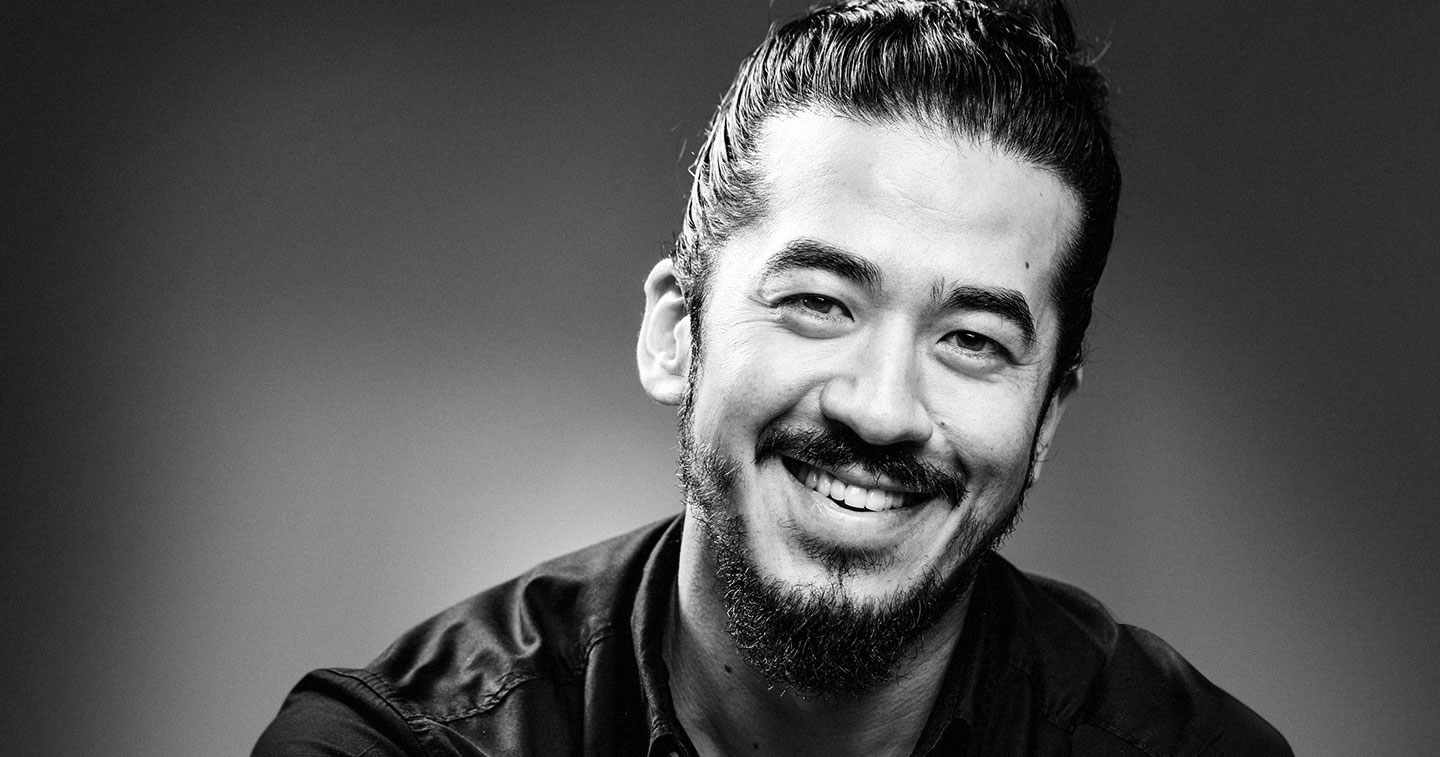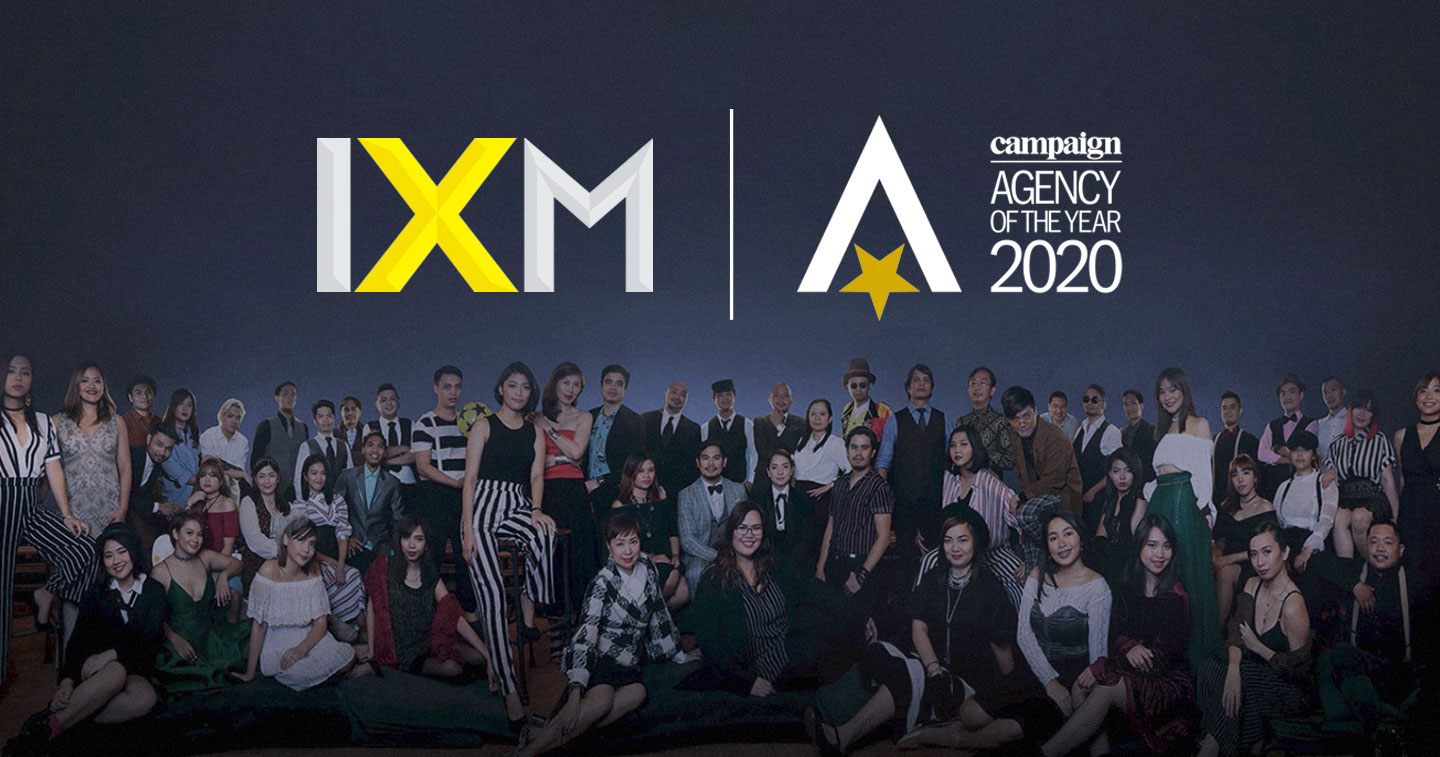Everyone is in the entertainment business these days. Ordinary people on YouTube are making videos and budding scriptwriters are publishing on WattPad. Movie channels such as HBO, Netflix, and Amazon Prime are making their own original shows with the biggest stars. Brands and agencies are making videos, games, and apps they are hoping people will enjoy and share.
“Everyone, every brand is a storyteller waiting to happen,” notes Jigo Reloj, ABS-CBN digital strategist.
Free ticket
Technologies such as video on demand (VOD) are allowing audiences to skip traditional television and cinema ads. Instead, brands and agencies are producing branded content—videos so entertaining that people will actually share it, apps so handy that people will actually use it, and games so fun that people will actually play it—as well as product placements in music videos, television shows, and movies.
In an interview with adobo magazine, Aron Levitz, head of Wattpad Studios, explains, “On most platforms consumers view ads and branded content as a necessary evil, a disruption to be endured in service of free content. Not on Wattpad. We’re transforming the way brands connect with audiences through storytelling. Content becomes entertainment to be enjoyed, not something to be tolerated.”
Everyone’s now an entertainer because everyone has an audience on social media. Everyone’s now a critic too who can comment or post reviews. The only way to sell is to win over your audiences’ audience and go viral.
Even user generated content (UGC) is being commoditized. Levit notes, “One of the biggest trends we see is the increasing number of brands who are embracing UGC. With Wattpad Brand Stories, brands can commission writers to create original stories based on their brand message. These stories are entertaining and reach a far larger audience than a typical ad would. In addition, our partnerships with entertainment companies mean online writers have opportunities to put their ideas and content forward for consideration by studios, networks, and production companies. It’s also easier for today’s creators to get paid. Writers can be commissioned by brands or supplement their income through the Wattpad Futures program that returns the majority of ad revenue back to the writer.”
Advertising is dead; long live branded content, content marketing, product placements, and gamification. Movies and television are dead; long live internet television, VOD, and UGC.
Disruptive artistry
Disruption isn’t confined to the business model. The creative process of the entertainment industry is being turned on its head. In the Philippines, mainstream networks now scour the internet for the most viral stars such as GMA’s Main Mendoza of DubSmash fame. The scripts for celebrity-driven Philippine movies such as ABSCBN’s She’s Dating the Gangster starring Kathryn Bernardo and Daniel Padilla, My App Boyfie starring James Reid and Nadine Lustre, and Just The Way You Are starring Liza Soberano and Enrique Gil were all derived from WattPad stories. TV5 even has its own regular show, Wattpad Presents.
To stay competitive against rival movie channels and online piracy, it’s no longer enough for movie channels to just air existing films; they have to produce their own. Game of Thrones and House of Cards rival big-budget full-feature films in production value, artistry, and popularity. TV series now attract the biggest stars by providing more stable long term income and better artistic venues. The best writers and directors now makes stories for seasons-long television series and not just two-hour-long films.
According to the World TV Production Report 2016 of IHS Markit, “Between 2013 and 2015, Netflix and Amazon more than doubled their annual expenditure on programming. In 2013, Amazon spent $1.22 billion; that jumped to $2.67 billion in 2015. In the same timeframe, Netflix spending rose from $2.38 billion to $4.91 billion.” “The levels of investment we are seeing from Netflix and Amazon are only topped by Disney ($11.84 billion) and NBC ($10.27 billion),” noted Tim Westcott, senior principal analyst at IHS Technology.
Curatorship is king
With nearly everyone creating content, there’s too much to choose from. Those who curate people’s experiences are the kingmakers in the age of information overload. And with ever-increasing content, curatorship needs to be automated with algorithms. Levitz explains, “Using a combination of community and data insights, we can help take the guesswork out the development process and ensure the success of Wattpad stories as they are adapted for print, film, television, and digital platforms. Our algorithms examine the types of stories a person spends the most time with. If you love romance, you should see romance. But if you hate sci-fi, you shouldn’t be suggested it.”
Facebook has demonstrated how poorly-conceived algorithms that only determine user preference and not content quality have only reinforced people’s prejudices. Likewise, any badly written algorithms for entertainment may give people what they think they want but not what not what they really need to see and hear to uplift and educate them, feed audiences the same formulaic fare instead of surprising them with innovative and genre-defying stories, and favor popularity over artistry.
Unlike social networks, however, entertainment sites have a much stronger financial incentive to provide audiences the best content with their algorithms.
Caution ahead
According to the 2016 study Marketing Truth or Marketing Hype? by Beckon, branded content has increased 300% in one year, but warns, “Just 5% of that branded content garners 90% of total consumer engagements. The other 95% shares the remaining 10% of engagements. In other words, 19 out of 20 content pieces get little to no engagement.”
Writing for Adweek, Kaaren Whitney-Vernon, CEO at shift2 Branded Entertainment, cautions, “I’ve repeatedly seen that this audience is extremely savvy. They are well aware of when they are being ‘sold to’ and placing a brand prominently, or even not-so-obviously, within the content doesn’t fool anyone. In fact it only turns them off, and quickly. Done correctly, branded entertainment tells your audience what your brand stands for.”
On Marketing Week, Mark Ritson, marketing consultant and professor at the Melbourne Business School, opines, “The problem appears to be content marketers who…seem to think that their reason for existence is to create content, rather than communicate with clients and sell stuff.”
Levitz predicts, “The traditional entertainment industry will continue to produce content but will rely on new entertainment companies like Wattpad to guide them in the development process. While there will be even more buyers, more sellers and producers to support the ever growing content eco-system, what will change completely is that the industry will turn to data and to the crowd to understand what is important.”
Reloj enthuses, “From a collaborative economy, we are now moving into an autonomous one where consumers are more empowered. Consumers don’t care about what brands sell to them. They care more about the ‘I,’ which translates to experiences that are meaningful to them. Brands need to shift into creating more meaningful experiences about their products. Brands may be buying more content. If not, they should be creating and publishing more content to stay relevant in this current digital landscape.”







